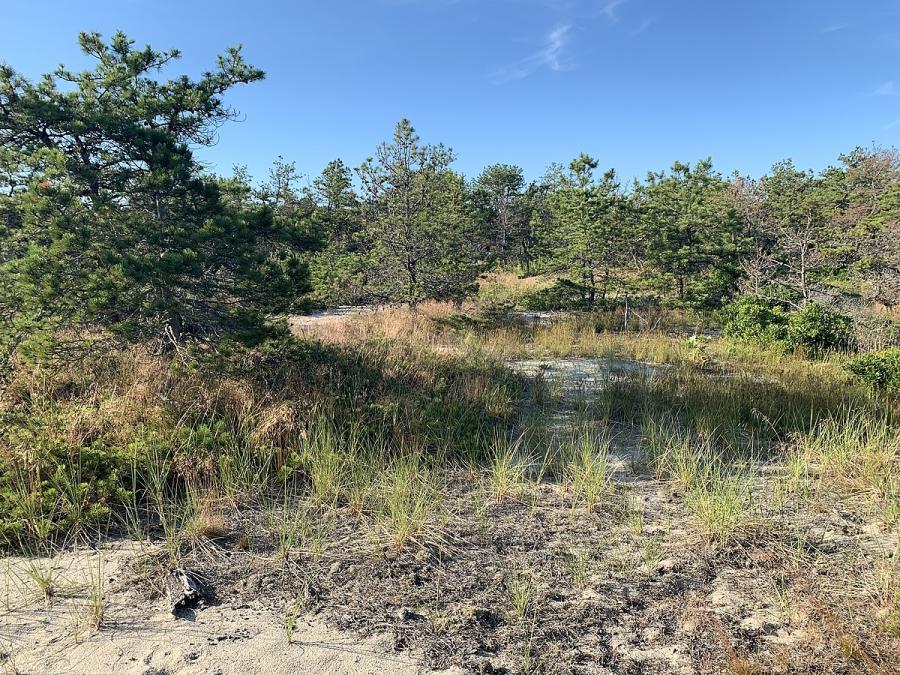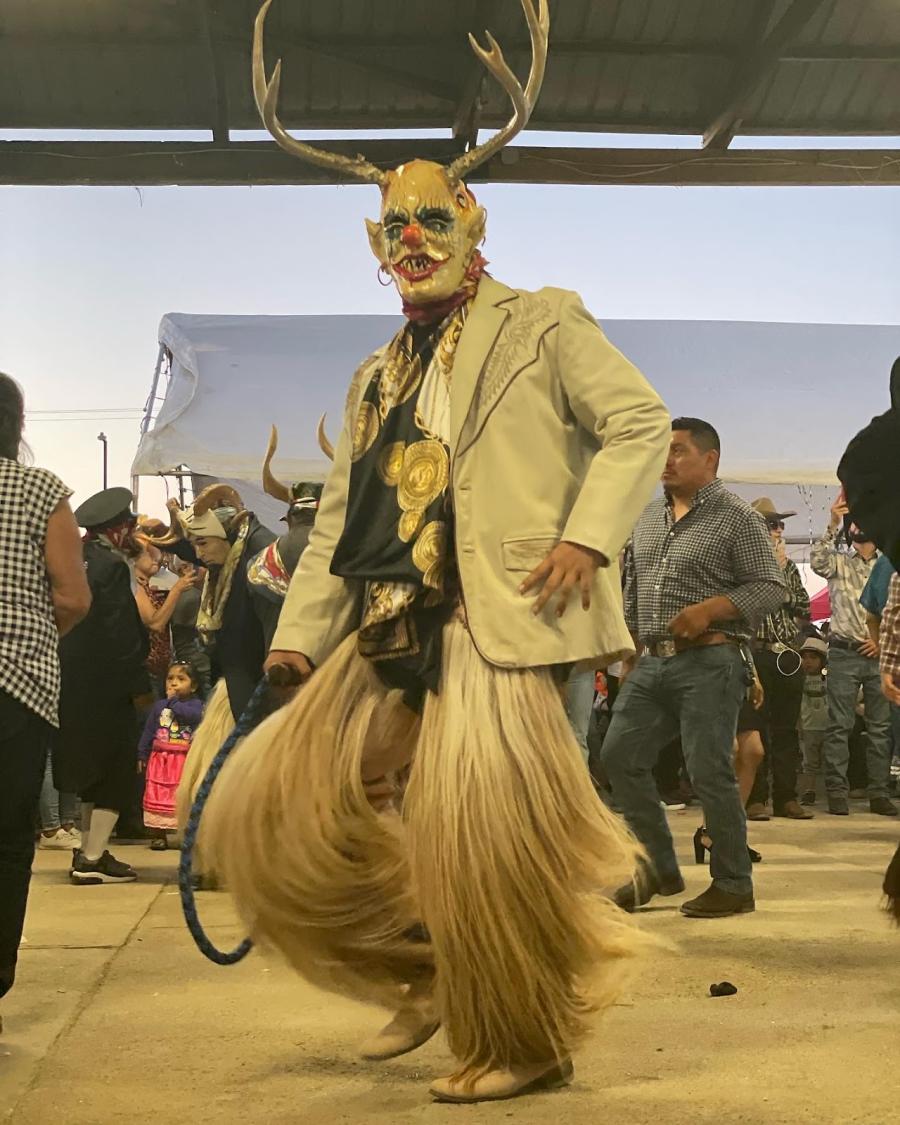Jessie little doe Baird, Mashpee Wampanoag tribal citizen and an advisor and partner to Cultural Survival’s Endangered Languages Program, was honored today with a MacArthur Foundation Fellowship, popularly known as a “genius grant” for her extraordinary efforts to revive Wampanoag as a spoken language after it disappeared 150 years ago.
Baird’s work began 17 years ago in 1993, responding to the call of ancestors who spoke to her in a series of dreams. Baird and fellow Wampanoag tribal citizens embarked on a journey to “bring language home again,” by forming an intertribal language committee among the two federally recognized tribes in Massachusetts (the Aquinnah Wampanoag Tribe of Gay Head on Martha’s Vineyard, and the Mashpee Wampanoag Tribe on Cape Cod) and the Wampanoag communities of Assonet and Herring Pond. In the years since, Baird became a linguist, earning a master’s degree from the Massachusetts Institute of Technology, and created an 11,000-word Wampanoag/English dictionary with the support of tribal members and other linguists. She also set up language classes for community members and raised her daughter in the language, making her the first native speaker of Wampanoag in 150 years. Speaking to the Boston Globe this weekend, Baird noted that “We have a prophecy about a time when language would go away from the people and a time when language would come back home to the people,’’ and humbly emphasized that the work would have happened "with or without me.’’
Baird says the $500,000 award, to be distributed over five years, will enable her community-based language organization, the Wôpanâak Language Reclamation Project, to get closer to its ten-year goals. Their dreams include establishing a Wôpanâak language immersion preschool and elementary school. Baird will also undertake new historical writing projects based on the untold stories found in the many hundreds of Wampanoag language documents written by her ancestors during the 17th and 18th centuries.
Baird plans to meet early next week with Cultural Survival’s other Endangered Language Program advisors from the Alutiiq, Euchee, Northern Arapaho, and Sauk programs to discuss the new funding award, and how it can be best used to strengthen her tribe’s ongoing efforts to train new fluent speakers of the language. Speaking from her home in Aquinnah, MA, Baird expressed her appreciation for Cultural Survival’s longstanding support of her project, noting that in the past few years of her service to the organization as an advisor and partner, “things have really turned around since we started working together.”
Baird’s story, and that of her nation, will be featured at the upcoming National Indian Education Association’s language summit, where Cultural Survival will present a 25-minute preview of a one-hour long documentary called As Nutayunean, We Still Live Here. Produced and directed by Anne Makepeace in collaboration with Cultural Survival, the film will air in 2011 on PBS.
To read more about Cultural Survival’s Endangered Languages Program, click here.
To visit the Wôpanâak Language Reclamation Project, click here.



